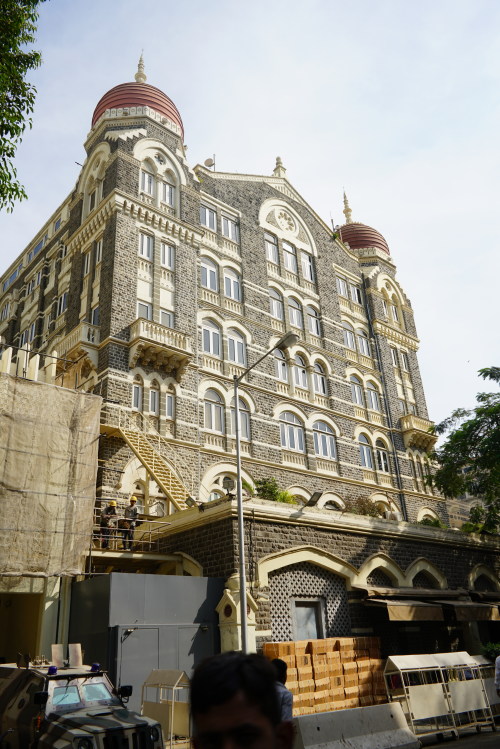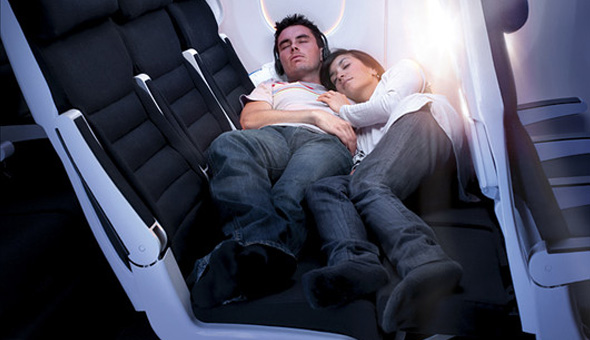Museums in ruins and old buildings will take on new life with Augmented Reality
Submitted by brad on Wed, 2016-09-07 15:09We're on the cusp of a new wave of virtual reality and augmented reality technology. The most exciting is probably the Magic Leap. I have yet to look through it, but friends who have describe it as hard to tell from actual physical objects in your environment. The Hololens (which I have looked through) is not that good, and has a very limited field of view, but it already shows good potential.





 In August, I attended the World Science Fiction Convention (WorldCon) in London. I did it while in Coeur D'Alene, Idaho by means of a remote Telepresence Robot(*). The WorldCon is half conference, half party, and I was fully involved -- telepresent there for around 10 hours a day for 3 days, attending sessions, asking questions, going to parties. Back in Idaho I was speaking at a local robotics conference, but I also attended a meeting back at the office using an identical device while I was there.
In August, I attended the World Science Fiction Convention (WorldCon) in London. I did it while in Coeur D'Alene, Idaho by means of a remote Telepresence Robot(*). The WorldCon is half conference, half party, and I was fully involved -- telepresent there for around 10 hours a day for 3 days, attending sessions, asking questions, going to parties. Back in Idaho I was speaking at a local robotics conference, but I also attended a meeting back at the office using an identical device while I was there.